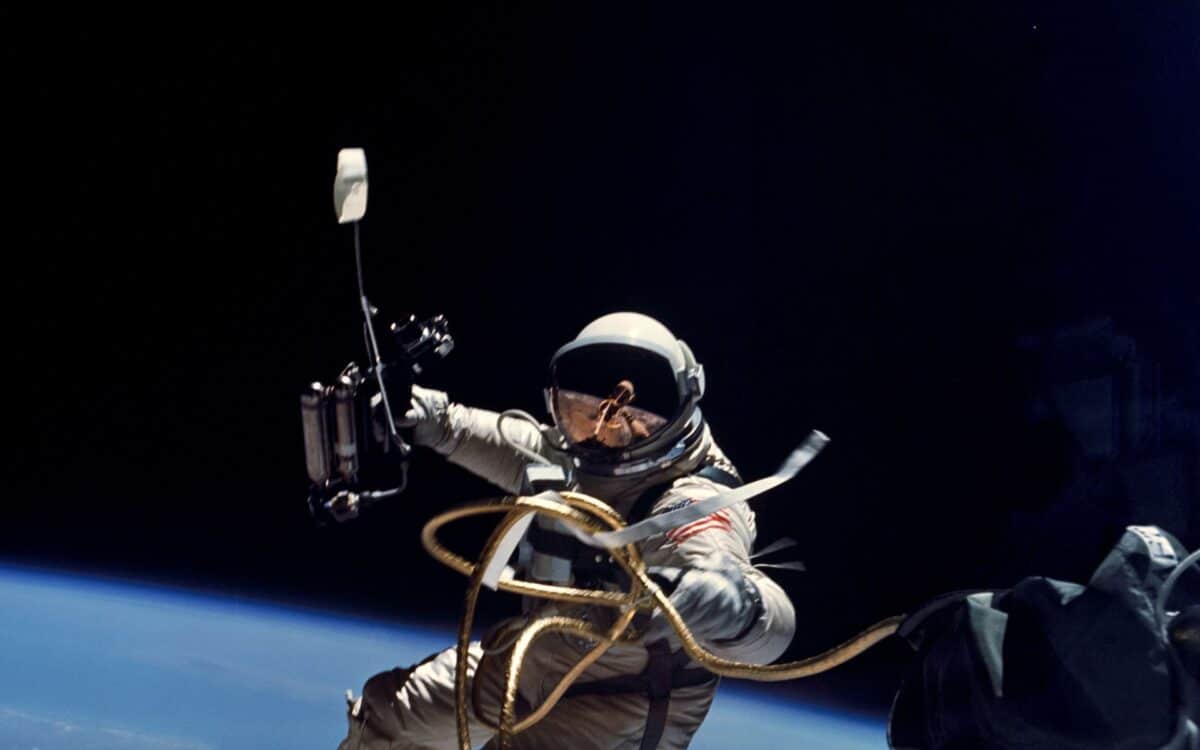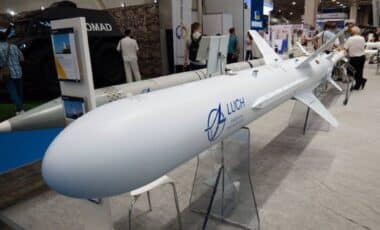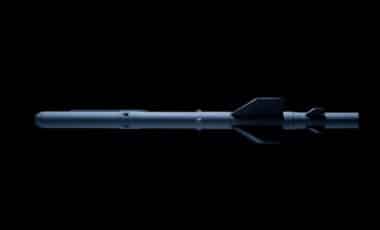NASA, in collaboration with Google, is developing a high-precision artificial intelligence system designed to support astronaut health during long-duration missions to Mars and the Moon. This initiative aims to provide medical assistance when human doctors are unavailable and communication with Earth is delayed or interrupted.
SpaceX and European Nation Team Up to Take on Mars Like Never Before
addressing medical autonomy in deep space
On the International Space Station, astronauts benefit from constant communication with mission control, regular deliveries of medical supplies, and the possibility of an emergency return within months. Future exploration missions to Mars or beyond will not have these advantages, prompting NASA to invest in an AI-powered medical assistant capable of independent operation.
The system, called the digital medical assistant for crew, operates within Google Cloud’s Vertex AI environment and can process speech, text, and images. It is intended to guide astronauts in diagnosing and treating health issues without relying on real-time Earth-based support.
testing diagnostic capabilities
Initial testing focused on three medical scenarios: an ankle injury, flank pain, and an earache. Three medical professionals, including an astronaut, evaluated the AI’s performance across initial assessment, patient history taking, clinical reasoning, and treatment recommendations.
The results showed promising accuracy rates: 88% for ankle injuries, 80% for earaches, and 74% for flank pain cases. These outcomes indicate the potential of AI to provide reliable diagnoses in isolated and high-risk environments.
plans for improvement and broader use
NASA intends to enhance the system by incorporating more medical data sources and training the AI to develop situational awareness tailored to conditions such as microgravity. This would allow it to adapt its recommendations to the specific challenges of space missions.
Although the primary goal is to serve astronauts on Mars and the Moon, project contributors, including David Cruley from Google Public Sector, note that the same technology could benefit remote or emergency healthcare on Earth if proven effective in space.
implications beyond space exploration
If successful, this AI system could mark a major step forward in providing autonomous healthcare in extreme and isolated environments. Its application could extend from future lunar and Martian habitats to terrestrial regions where access to professional medical care is limited.
The collaboration between NASA and Google represents a merging of space exploration goals with advanced AI capabilities, potentially setting a precedent for future health management systems in space and on Earth.








